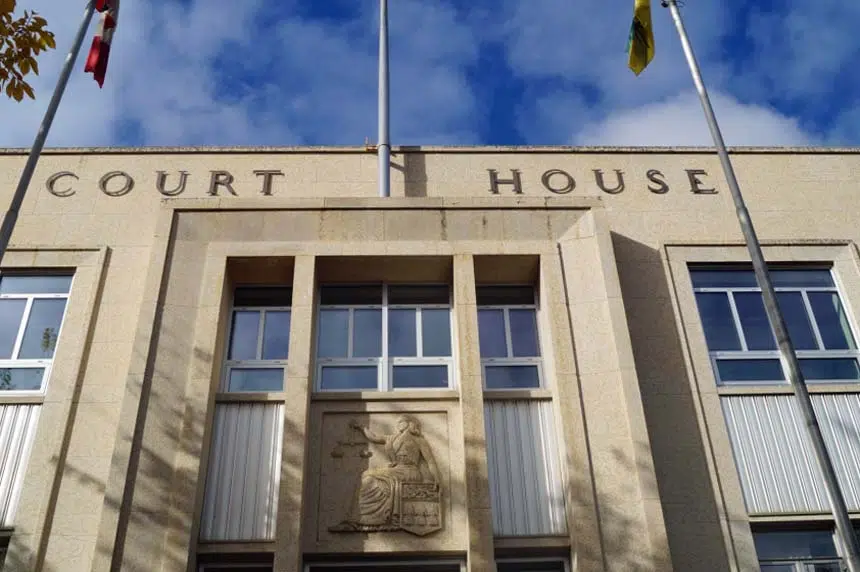Three months after a shocking report detailing Indigenous women being coerced into getting their tubes tied, a lawyer is applying for a class action lawsuit in Saskatoon’s Court of Queen’s Bench.
In a statement of claim, Indigenous rights lawyer Alisa Lombard argues the women described in the internal Saskatoon Health Region report had their charter rights violated.
She lists all 12 health authorities in Saskatchewan as defendants, along with the provincial and federal governments and four health professionals.
Lombard is acting on behalf of two representative clients, who can’t be named due to a publication ban, but any woman who can confirm they experienced a similar situation can be included as a class action interested party if the lawsuit is certified in court.
“No woman should be forced to forego her reproductive ability, no matter her life circumstances based on someone else’s assumptions on her circumstances and what she should do,” Lombard told 650 CKOM in an interview Wednesday.
The associate with Maurice Law is seeking $7 million in damages for each plaintiff in the case, claiming women who were forced into sterilization have been suffering “physically, emotionally, spiritually, mentally and psychologically.”
The statement of claim asserts the federal and provincial governments were aware of sterilization policies and practices disproportionately affecting Indigenous women from the 1930s to present day. It continues, arguing governments had a responsibility to protect the rights of the women.
Lombard’s claim goes on to say the SHR is “vicariously liable” for the actions of their employees, which led to coerced sterilizations, naming three doctors and suggesting more staff names will be added as they become known.
None of the claims have been proven in a court of law.
The lawsuit comes after an external review was released by the SHR in July, showing several Indigenous women were pressured or forced into getting their tubes tied while at the hospital to deliver a baby.
Some women described feeling “invisible, profiled and powerless” as paperwork was forced on them immediately before or after delivery, while doctors used “scare tactics” to secure their signatures according to the report.
“I said, ‘No, no,’ and the doctor would tell me stories, about women, ‘A woman had her first C-section and passed away with her firstborn,’ and the tubal ligation came up again,” a woman described in the report.
At the time, Vice President of Integrated Health Services Jackie Mann apologized to the women for their experiences, saying she was “deeply sorry.”
“We are thankful to the women who had the courage to come forward,” she said on July 27. “You have been heard and will be listened to.”
The SHR issued a statement Wednesday saying they remained committed to the Calls to Action in the review, which included a suggested overhaul of medical treatment for Indigenous people.
However, they called the class action lawsuit “a separate legal process.”
“Saskatoon Health Region respects their right to that process,” the statement read. “We won’t be commenting on any aspect of the lawsuit while it is before the courts.”











